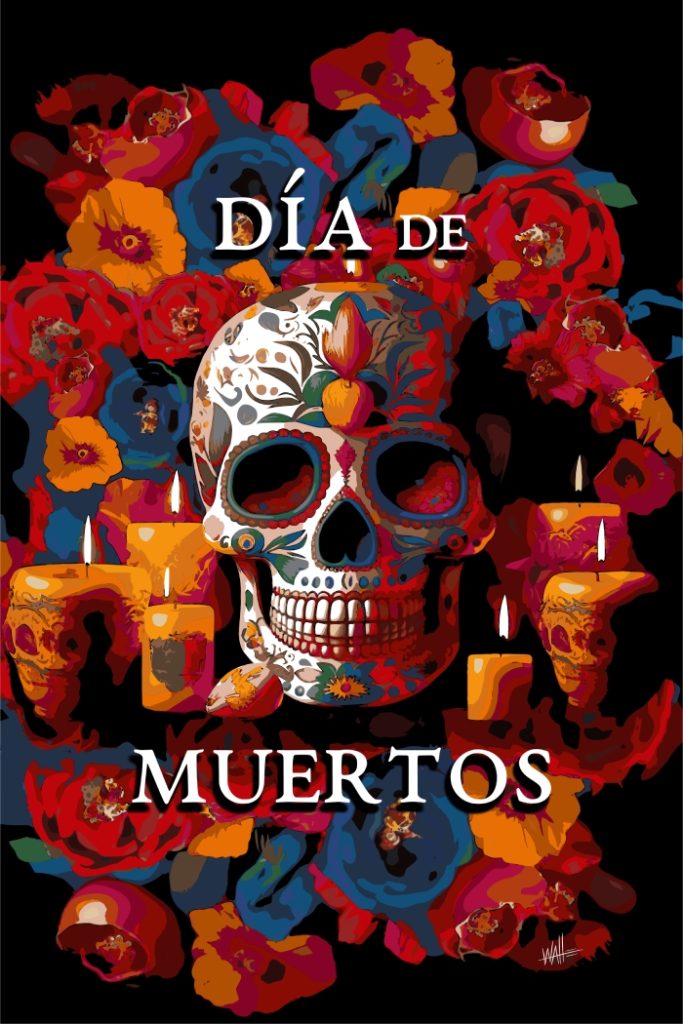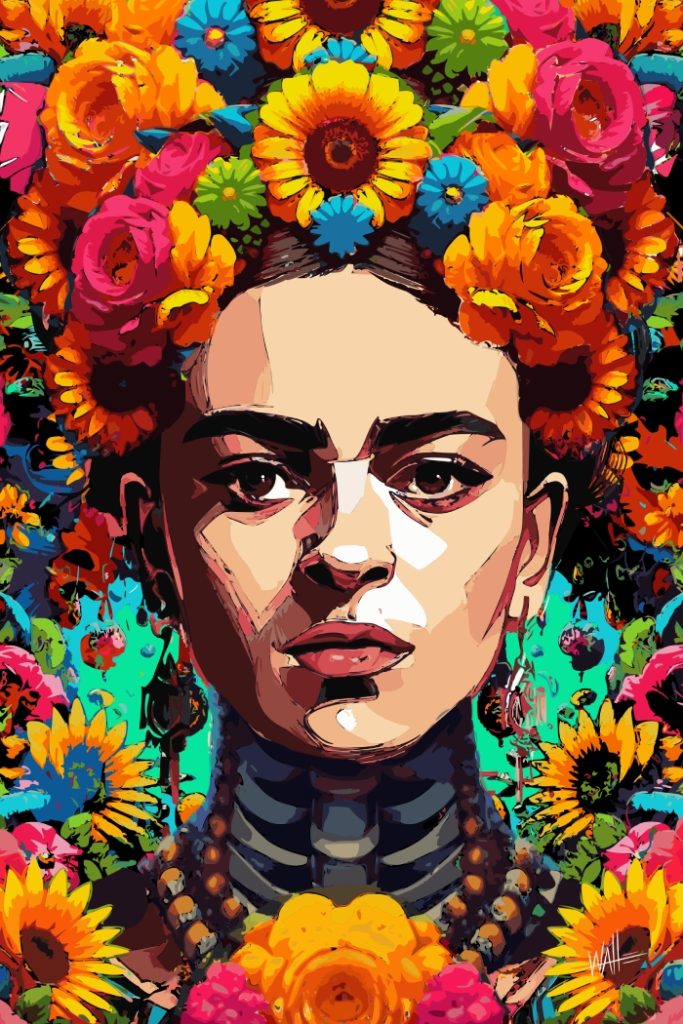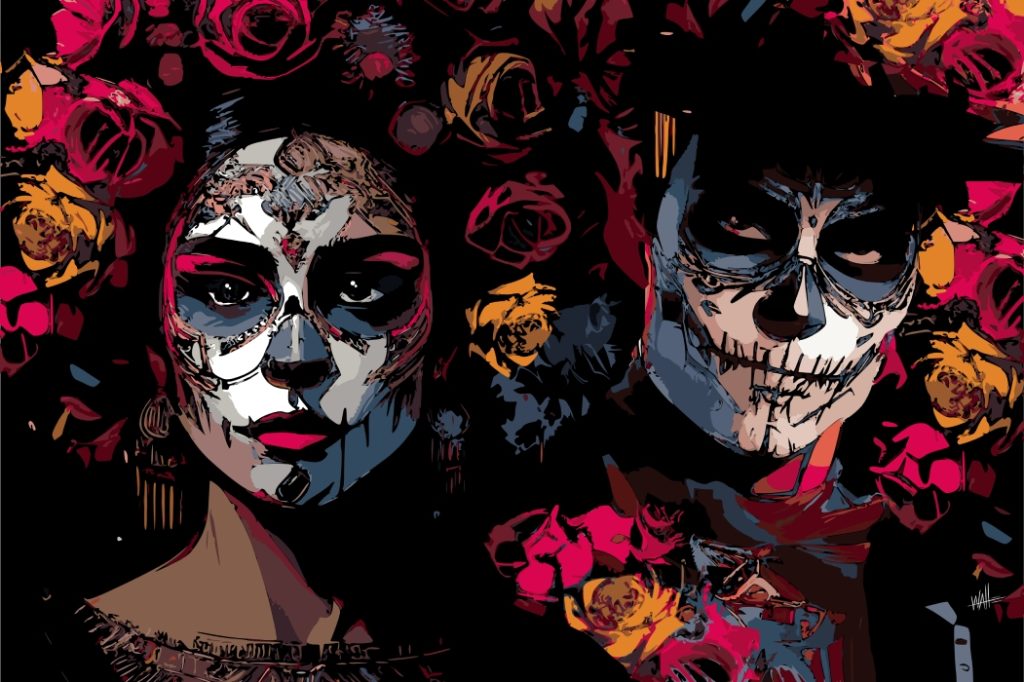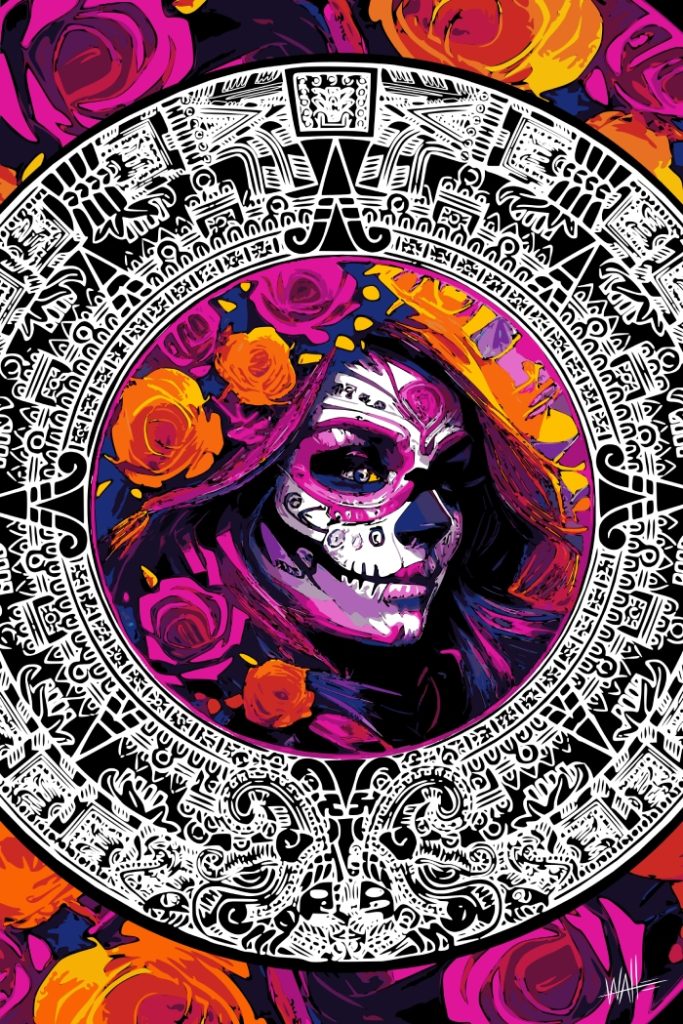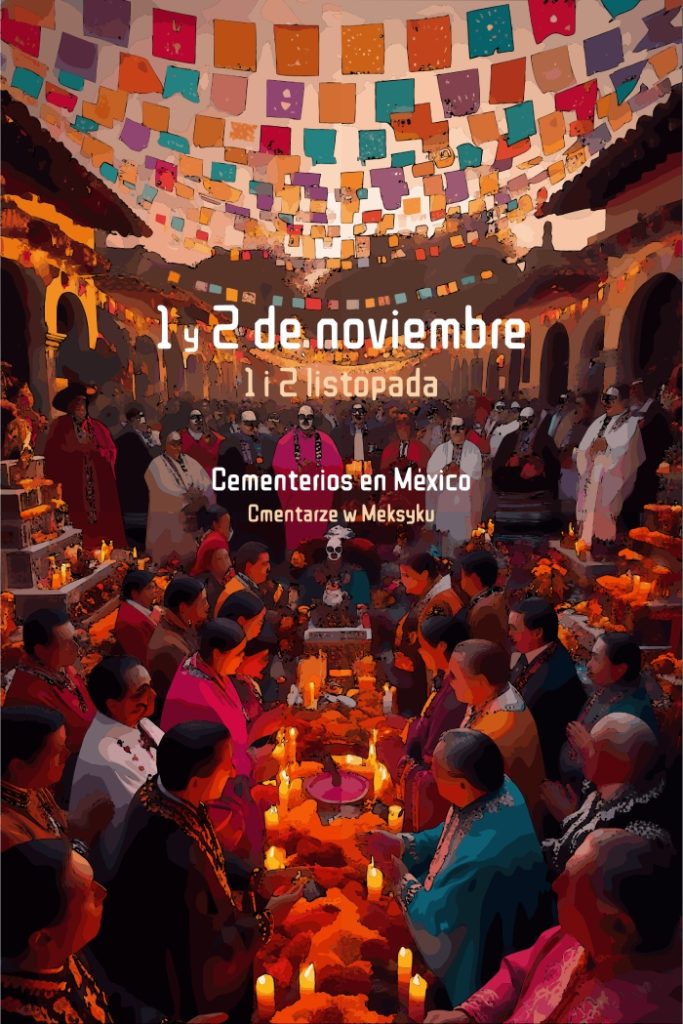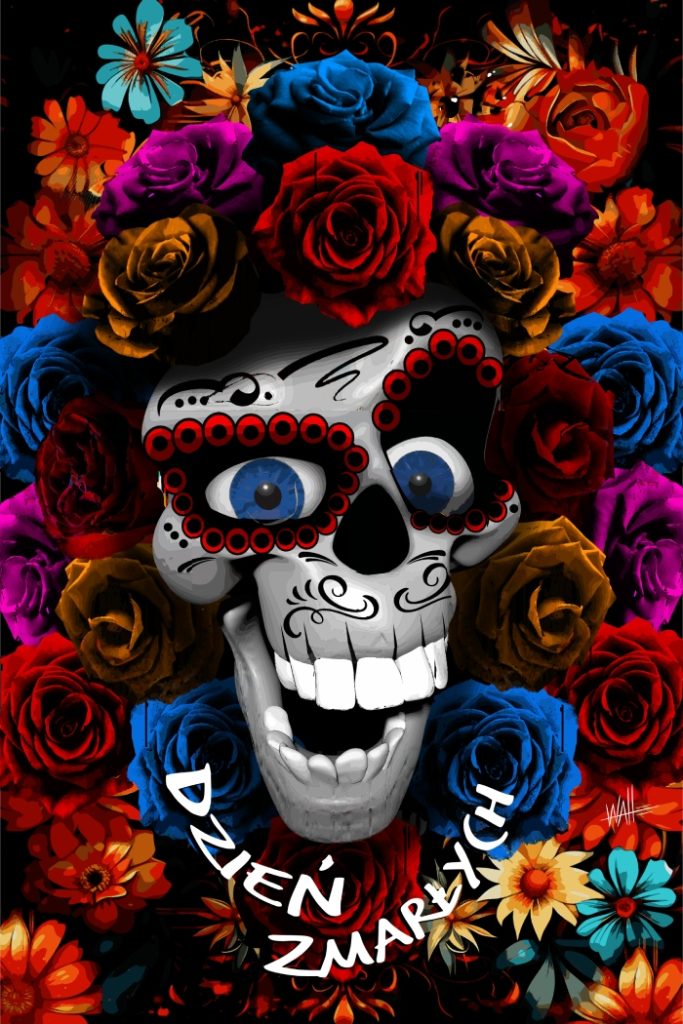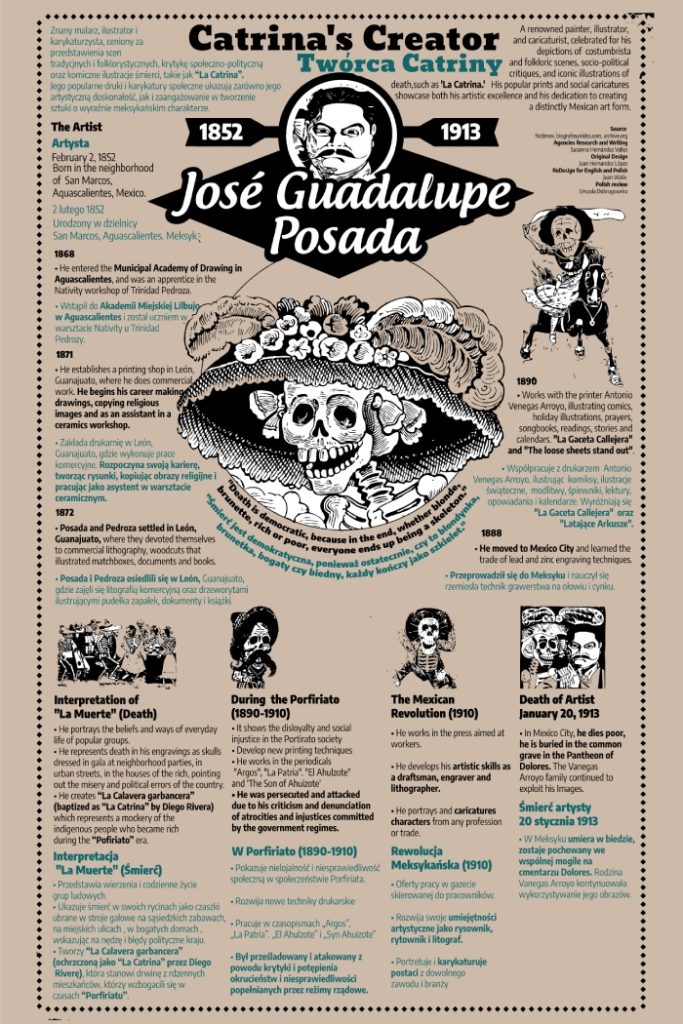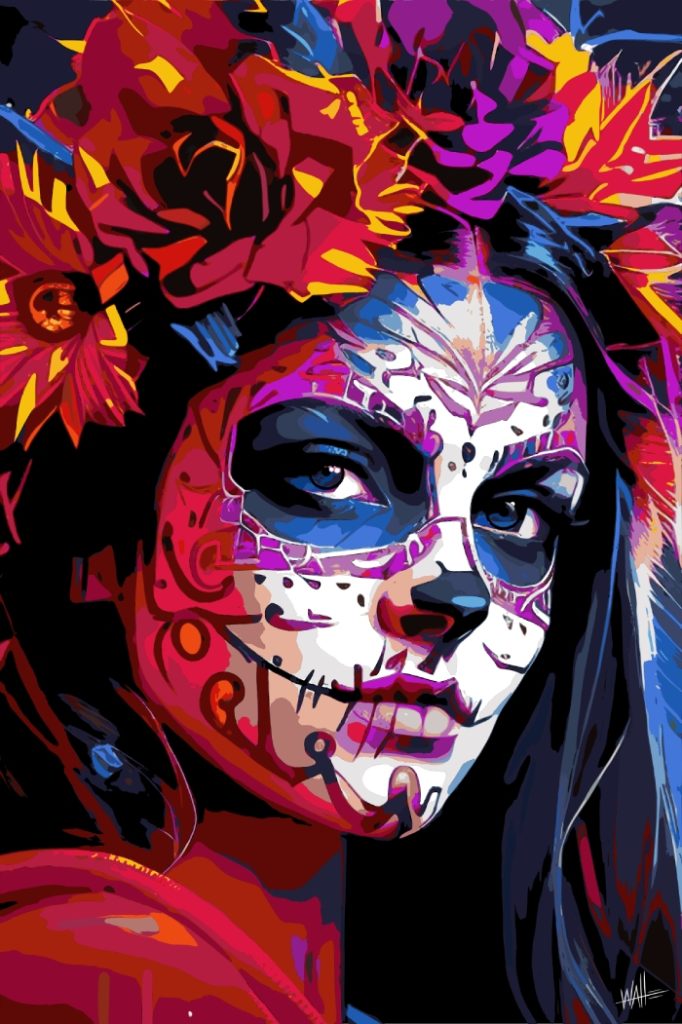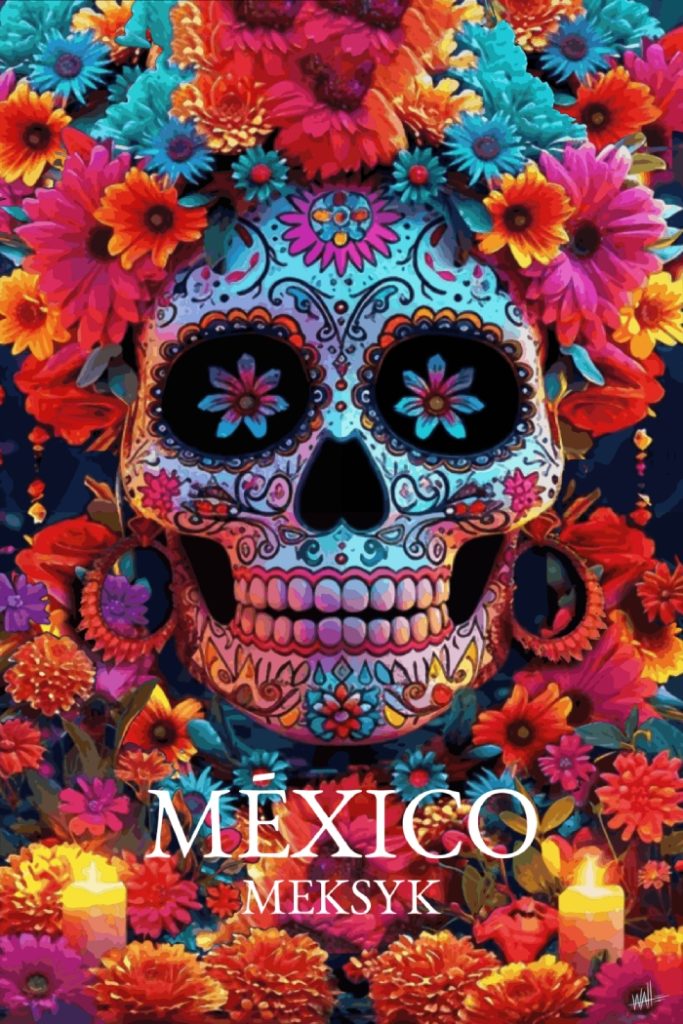
Mexico and its Day of the Dead Tradition
The Day of the Dead is one of Mexico’s most emblematic and profound celebrations. Each year, on November 1 and 2, Mexicans honor the memory of their deceased loved ones. This festivity, blending indigenous traditions and Catholic elements, is one of the richest in symbolism and meaning.
Origins
The Day of the Dead has roots in Mexico’s pre-Hispanic cultures, where civilizations like the Aztecs, Mayans, and Purepechas honored death as a natural cycle of life. With the arrival of the Spanish and Christianity, these indigenous traditions merged with the Catholic celebration of All Saints’ Day.
Elements of the Celebration
- Altars and Offerings
- Skulls and La Catrina
- Cemetery Visits
- Culture and Art
Meaning
The Day of the Dead is more a celebration of life than of death. It represents the belief that death is not the end but a transition to another form of existence. Families honor the memory of their loved ones and celebrate the continuity of life.
Cultural Heritage
In 2008, UNESCO declared the Day of the Dead as an Intangible Cultural Heritage of Humanity, recognizing its cultural richness and importance to Mexican identity.
Meksyk i jego Tradycja Dnia Zmarłych
Dzień Zmarłych to jedno z najbardziej emblematycznych i głębokich świąt Meksyku. Każdego roku, 1 i 2 listopada, Meksykanie oddają hołd pamięci swoich zmarłych bliskich. To święto, łączące tradycje rdzennych mieszkańców z elementami katolickimi, jest jednym z najbogatszych w symbolikę i znaczenie.
Pochodzenie
Dzień Zmarłych ma swoje korzenie w prehiszpańskich kulturach Meksyku, gdzie cywilizacje takie jak Aztekowie, Majowie i Purépecha czciły śmierć jako naturalny cykl życia. Wraz z przybyciem Hiszpanów i chrześcijaństwa te rdzenne tradycje połączyły się z katolickim świętem Wszystkich Świętych.
Elementy Świętowania
- Ołtarze i Ofiary
- Czaszki i La Catrina
- Wizyty na Cmentarzu
- Kultura i Sztuka
Znaczenie
Dzień Zmarłych jest bardziej świętem życia niż śmierci. Reprezentuje przekonanie, że śmierć nie jest końcem, lecz przejściem do innej formy istnienia. Rodziny honorują pamięć swoich bliskich i świętują ciągłość życia.
Dziedzictwo Kulturowe
W 2008 roku UNESCO uznało Dzień Zmarłych za Niematerialne Dziedzictwo Kulturowe Ludzkości, doceniając jego bogactwo kulturowe i znaczenie dla meksykańskiej tożsamości.

